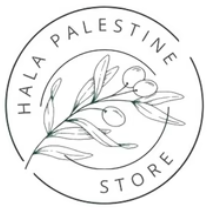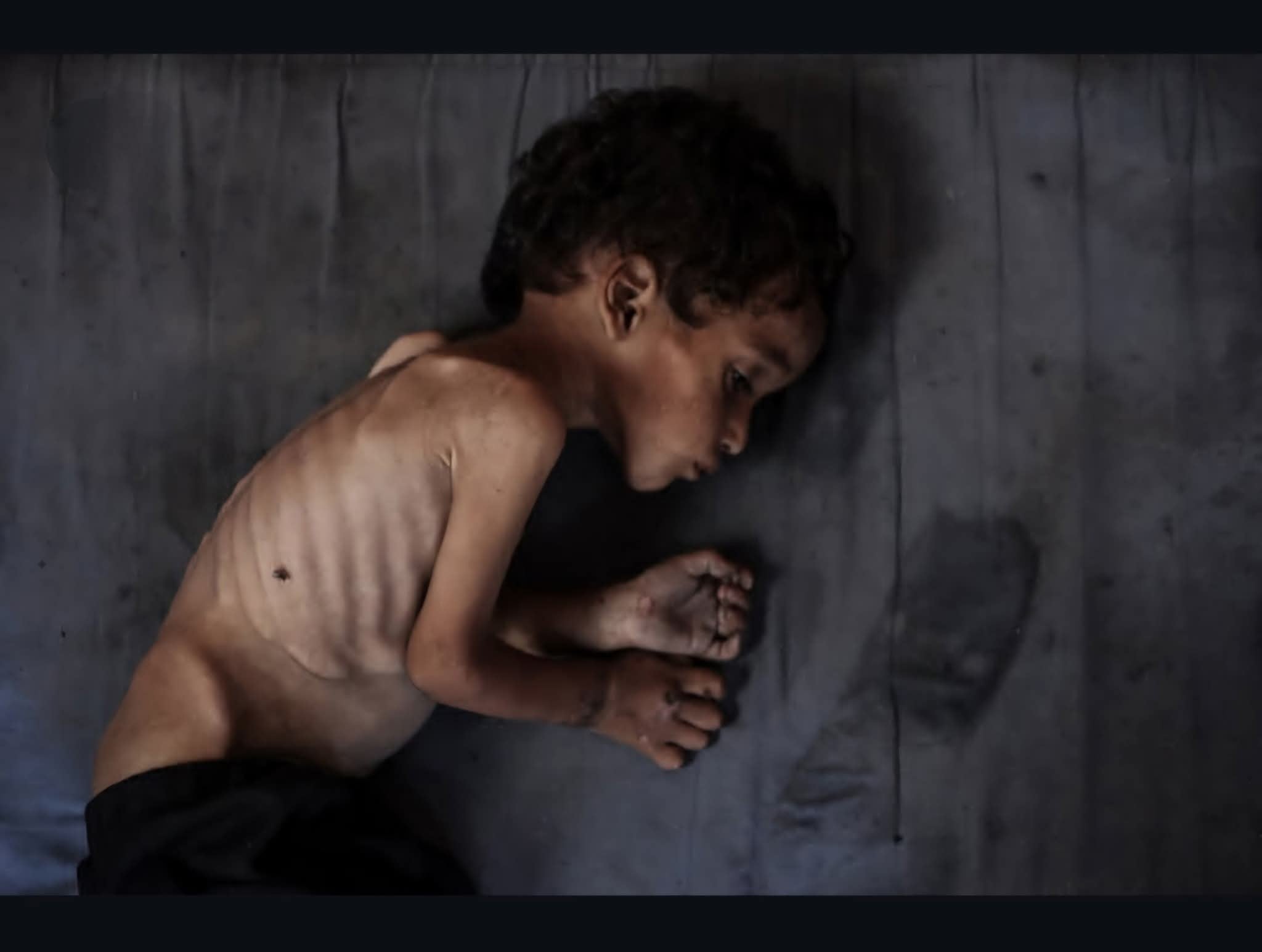
From Palestine to Your Home: Why Your Purchase Matters
There is a certain weight to an object that comes from a place under pressure. Not a physical heaviness, but something quieter — a kind of presence. You feel it when you hold a hand-carved olive wood spoon from Bethlehem, or when you unwrap a bar of Nablus olive oil soap, still scented faintly with the sharpness of olive pits and old stone walls. These are not products that appear out of a factory pipeline. They come from workshops with concrete floors dusted in history, from hands that have memorized the movement of their craft since childhood, from people who have learned to hold on to what they have even as the ground shifts beneath them.
When something travels from Palestine to a customer’s home — especially now — it carries far more than weight. It carries a system of survival, a culture built under restriction, and the ongoing insistence of a people to remain rooted.
To understand why purchasing Palestinian-made goods matters, you have to understand not only what these crafts are, but where they come from, and who stands behind them.
It begins, often, with family.
Most artisan workshops in the West Bank operate as family-centered ecosystems. You will find a father stirring olive oil in a steel basin as his sons stack cubes of soap to dry, and a grandmother teaching her granddaughter how to hold the brush steadily enough to outline the blue petals of a Hebron ceramic bowl. You will find brothers carving olive wood through the winter months so the pieces are ready when visitors pass through Bethlehem in spring. These are not industries with layers of corporate shields or massive supply chains. They are intimate, fragile lifelines.
In Palestine, the artisan sector has always carried more responsibility than simply preserving heritage. It compensates for gaps in employment and instability. In a typical year before 2023, the unemployment rate in the West Bank hovered around 18%–20%. But in Gaza — where closures, economic strangulation, and bombardment have devastated daily life — the unemployment rate climbed to nearly 80%, as confirmed by the International Labour Organization in late 2024. This means nearly four out of every five working-age adults have no steady income. Entire economies shrink to the size of whatever people can create with their own hands.
For artisans in the West Bank, the pressure is less extreme but still suffocating. Raw materials can be difficult to import; local markets are unpredictable; and many families rely on whatever they can sell abroad. Without consistent orders from outside Palestine, some workshops would not survive a single season.
This is why your purchase matters. It is not charity, and it is not pity. It is participation — a direct economic link between an artisan and the world beyond the checkpoint.
Take Nablus soap as an example. Once, the city held more than thirty operational soap factories. Their rectangular stone buildings with high ceilings and wooden carts were the backbone of a local economy that revolved around olive oil and seasonal harvests. Today, fewer than five traditional factories remain. They survived not because conditions became easier — they survived because people kept ordering their soap. They survived because workers continued showing up before dawn to heat vats of olive oil even during curfews, closures, and economic downturns. They survived because people abroad discovered the value of a product that contains only three ingredients: olive oil, water, and a plant ash known as qily.
Every bar of Nablus soap purchased outside Palestine supports the continuation of something precious — an unbroken manufacturing method that dates back nearly a thousand years. The same is true for Hebron ceramics. The artists who paint the twisting blue, green, and black floral motifs are not patterning random decoration; they are carrying a visual tradition that began in the Ottoman period and persisted through the British Mandate, Jordanian administration, the upheaval of the 1967 occupation, the First and Second Intifadas, and every economic shock since.
A customer who buys a hand-painted bowl may not realize they are paying not just for clay and glaze, but for the continuation of a 500-year-old art form.
Olive wood craftsmanship carries its own legacy. Bethlehem’s olive wood workshops form a network of dozens of small family businesses, some tracing their lineage back several generations. When an olive wood ornament or carving reaches an international customer, it represents far more than an item sold. Olive wood is gathered from pruned branches — the tree itself is never cut down — which means every piece is tied intimately to the agricultural cycle. It is economically and environmentally sustainable in a way few crafts can claim. The tree itself, often hundreds of years old, is a symbol of Palestinian rootedness. When you hold a carved olive wood spoon, the material came from a tree that may have lived longer than any building around it.
But the impact of purchasing Palestinian products extends even further. It protects jobs beyond the artisans themselves. In the process of producing a single ceramic mug, for example, raw clay suppliers, kiln operators, painters, glazers, packers, and even local truck drivers may be involved. Each sale helps sustain a mini-economy that would otherwise contract under pressure. The same applies to the keffiyeh industry: a single keffiyeh involves cotton suppliers, loom operators, designers, ironers, and packagers. The purchase of one scarf supports an entire workflow.
When customers abroad choose Palestinian goods, they bypass the layers of economic isolation that have made survival difficult for so many. They create demand that the local market cannot always generate. And they give artisans the confidence to continue their craft rather than give it up and search for other unstable work.
But beyond economics, there is a human dimension to why this matters. People often underestimate the emotional power of being seen. For artisans in Nablus, Bethlehem, Al-Khalil, Gaza, and beyond, international customers are not just sources of income. They are signs of recognition — of the world paying attention to something Palestinian that isn’t tragedy. There is a quiet dignity in knowing that your hands create something that travels across borders, something that people elsewhere choose for its beauty and meaning.
Customers who bring Palestinian products into their homes become part of this emotional ecosystem. A ceramic cup on a kitchen shelf becomes a small ambassador. A bar of olive oil soap on a bathroom counter becomes a conversation starter. A keffiyeh hanging on a coat rack carries historical memory. These are modest but powerful ways that stories travel.
In a time when Palestinian life is often reduced to headlines and statistics, handmade goods remind people abroad of the human scale — the ordinary life that persists underneath political crisis. A family stirring olive oil into soap paste at dawn is not a headline. A woman painting ceramic flowers for seven hours straight is not a headline. A young man learning to use a loom in Nablus is not a headline. But each of these workers contributes to a cultural continuity that matters deeply.
Purchasing Palestinian-made items protects this continuity. It ensures that the next generation sees value in maintaining these crafts. It prevents the displacement of skills that have survived centuries. It upholds an identity that has been expressed through textiles, ceramics, wood, and natural oils long before modern borders existed.
And perhaps most importantly, it allows ordinary people living abroad to play an active role in sustaining a place they care about — even from thousands of miles away.
There is something quietly powerful about that. Something more lasting than a single act of solidarity. It’s a relationship. When you buy Palestinian products, you join the story. The artisan becomes connected to the world, and the world becomes connected to a place that has given so much despite receiving so little space to breathe.
That connection matters. It matters economically, culturally, and emotionally. It matters because crafts are one of the few forms of expression that Palestine can still export freely. It matters because each purchase protects the knowledge that parents pass to their children. It matters because it proves that beauty continues even in places under strain.
When something from Palestine arrives at your door, wrapped by hand, maybe with handwriting on the label or a small imperfection from travel, remember who made it and why. Remember that you are holding more than an item. You are holding a story that has survived centuries. And with your purchase, you help ensure it survives the next one.








2 Comments
61i31z
61i31z